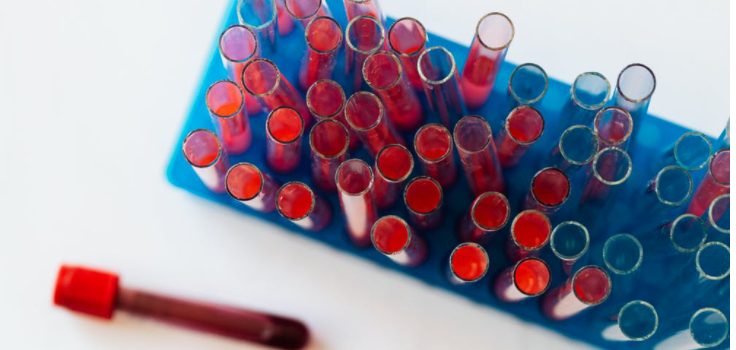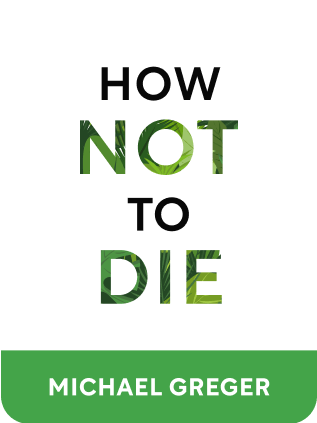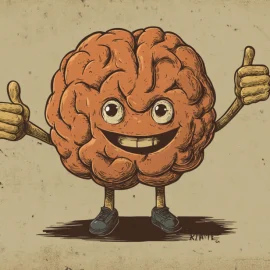

This article is an excerpt from the Shortform book guide to "How Not to Die" by Michael Greger. Shortform has the world's best summaries and analyses of books you should be reading.
Like this article? Sign up for a free trial here .
How many types of blood cancer are there? Is blood cancer a genetic or an acquired disease?
There are three major types of blood cancer: leukemia, lymphoma, and myeloma. A range of factors can be implicated in blood cancer including genetics, environment, and lifestyle.
Learn about blood cancer causes, types, mortality rates, and prevention.
Blood Cancer Statistics
On average, around 56,000 people die from blood cancer every year. This includes a range of diseases:
- Leukemia: 52,000 diagnosed each year, 24,000 die
- In leukemia, bone marrow produces abnormal white blood cells, crowding out the ability to produce red blood cells and white blood cells. Leads to anemia, infection, death.
- Lymphoma: 70,000 diagnosed, 19,000 die
- Lymphoma is the proliferation of lymphocytes, which are white blood cells.
- These cells collect in lymph nodes and disrupt immunity.
- Myeloma: 24,000 diagnosed, 11,000 die
- Myeloma is the proliferation of plasma cells, which are antibody-secreting white blood cells.
- These cells displace bone marrow and make abnormal levels of antibodies that clog kidneys.
- Multiple myeloma happens when cancer is discovered in multiple bones.
- This is particularly resistant to treatment; most people diagnosed do not survive beyond 5 years.
Animal Viruses Causing Cancer
The specific causes of blood cancer are unknown. In the EPIC study, eating poultry was shown to be the greatest risk for blood cancers. For every 50g of poultry you consume daily, your risk of blood cancer increases between 56 and 280 percent. By comparison, a chicken breast weighs 350 g.
Why could this happen? A hypothesis: poultry viruses cause cancer. The viruses include avian herpesvirus, avian leukosis virus, and lymphoproliferative disease
- People who grow up on poultry farms show almost 3x the odds of blood cancer.
- Farmers, slaughterhouse workers, and butchers all show higher rates of blood cancers.
- Some other animal products like milk show no such cancer risk, so it’s not from exposure to toxins like dioxins.
- Eating well-done meat lowers the risk of lymphoma compared to rare meat, even though it increases exposure to cooked meat carcinogens.
- There’s still no smoking gun yet on viruses directly causing cancer through infection and genetic mutation. This is an area of active research.
How Not to Die From Blood Cancers
Besides reducing your consumption of poultry, eating specific things helps protect against blood cancers:
Greens
- A plant-based diet reduces all cancer forms, lowering risk of blood cancer by half.
- Patients with lymphoma that eat >3 vegetable servings a day show a 42% improved survival rate. Green, leafy vegetables and citrus showed the most protective effects.
- It’s not clear whether the diet reduced cancer effects, or it improved tolerance to chemotherapy.
- In healthy patients, >5 servings of green, leafy vegetables per week showed half the odds of lymphoma.
- Sulforaphane in cruciferous vegetables kills cancer in vitro while ignoring healthy cells.
- Vitamin C and carotenoid in diet lowers lymphoma risk, but supplementing vitamin C doesn’t do anything.
- High-dose supplements actually increase the risk of death. Why? A large dose may disrupt the natural balance of antioxidants that reduce disease
Acai Berries
- An extract of acai triggers apoptosis in cancer cell line in vitro, and it increases the activity of macrophages.
- To get better antioxidant bang for your buck, look to purple cabbage, cinnamon, and cloves.
Curcumin (from turmeric)
- In randomized, double-blind, placebo-controlled study, curcumin reduced antibody levels in myeloma patients.
- In vitro, curcumin stopped myeloma cell growth.
As a side note, pet ownership seems to lower lymphoma risk. The mechanism might be by boosting immunity.

———End of Preview———
Like what you just read? Read the rest of the world's best book summary and analysis of Michael Greger's "How Not to Die" at Shortform .
Here's what you'll find in our full How Not to Die summary :
- The health benefits of a plant-based, whole-food diet
- How to reduce your risk of developing the most common diseases that can kill you
- The 12 foods you should eat daily to maximize health benefits






